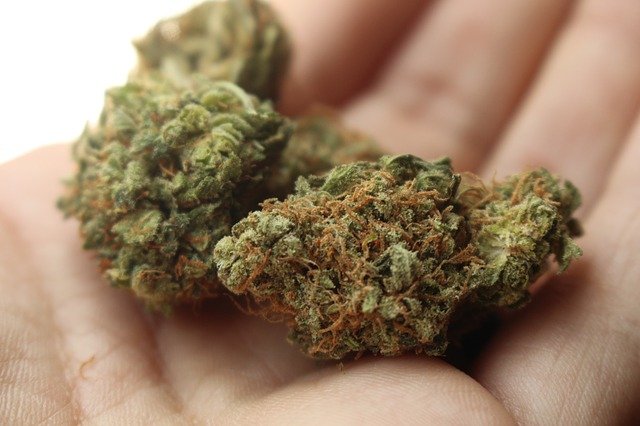Many, if not all of us, are aware marijuana is set to become legal in Canada in just a few short months, and there are many questions lingering as to how this will affect Canadians. Marijuana has been prescribed to treat physical conditions such as cancer, arthritis, and other physical pain for some time now, and some physicians have begun to prescribe medical marijuana for anxiety and PTSD, as well as depression. However, its effects on those users with mental health issues is largely in need of more clinical research, as the majority of research is from cannabis producers or focused on its illicit use. I want to explore these murky waters with you, and look at how medical marijuana and mental health are intimately linked.
Is Marijuana Good for Everyone’s Mental Health?
The Clinical Psychology Review recently reported that evidence has been found that marijuana can bring back feelings of pleasure for individuals with depression, and it can calm and soothe individuals with anxiety. It can even shut down the dream process for individuals living with nightmares from PTSD. However, not every mental health issue responds with a positive “high”; for some individuals with bipolar disorder, for example, there appears to be more negative side effects than positive ones.
Public opinion seems to hold that marijuana is a harmless substance that helps you to relax and “chill” and might even be good for your physical and mental health, unlike alcohol and tobacco. However, while there may be some truth to this, if higher amounts are consumed, it may instead increase anxiety and paranoia, and cause confusion and hallucinations that can last a few hours to some weeks in your system. Long-term use can also have a depressant effect and reduce motivation for some users.
Is It Addictive?
Studies suggest that marijuana may have a place in dealing with addiction, and with the sheer number of opioid overdoses in Canada as of late, we could see significant benefits if marijuana is used as a replacement for opioid medications, to reduce usage or even stop using opioids altogether. In 2013, the Centre for Addiction and Mental Health (CAMH) found that individuals living with mental health issues were 10 times more likely to have a marijuana use disorder. Usage is particularly elevated for those with bipolar disorder, personality disorders and other substance use disorders. So does marijuana use cause mental health issues, or do people with these mental health disorders use it to self- medicate? Consider how marijuana has similar effects of addictive drugs, such as:
- Tolerance
- Craving
- Decreased appetite
- Sleep difficulty
- Weight loss
- Aggression
- Irritability
- Restlessness
- Strange dreams
As well, when withdrawing, 3 out of 4 frequent and long-term marijuana users have reported experiencing cravings; half became irritable; and 7 out of 10 switch to tobacco in an attempt to stay off marijuana. At first, it can alleviate feelings of anxiety, but when the tolerance level builds, it becomes cyclical – not only does one need more to relieve the anxiety, but every attempt to stop can make the anxiety return at a more elevated level than before.
Long-term Effects and Vulnerability
Research over the last 10 years has suggested there is a possibility of developing a psychotic illness, and regular use has appeared to double the risk of developing a psychotic episode or even schizophrenia, particularly in those who are genetically vulnerable to mental illness. Early marijuana use in adolescents and later mental health problems has clearly been linked in those with a genetic vulnerability. These numbers are too high to ignore – teens who used marijuana daily were five times more likely to develop depression and anxiety in later life.
Ultimately, there is not enough research in the area of marijuana as treatment for mental health issues, and we need to hold it to the same standard as any other drug out there. As the laws change, we must remain proactive, and not reactive to what is really going on, and not create more health concerns than we are striving to reduce.

